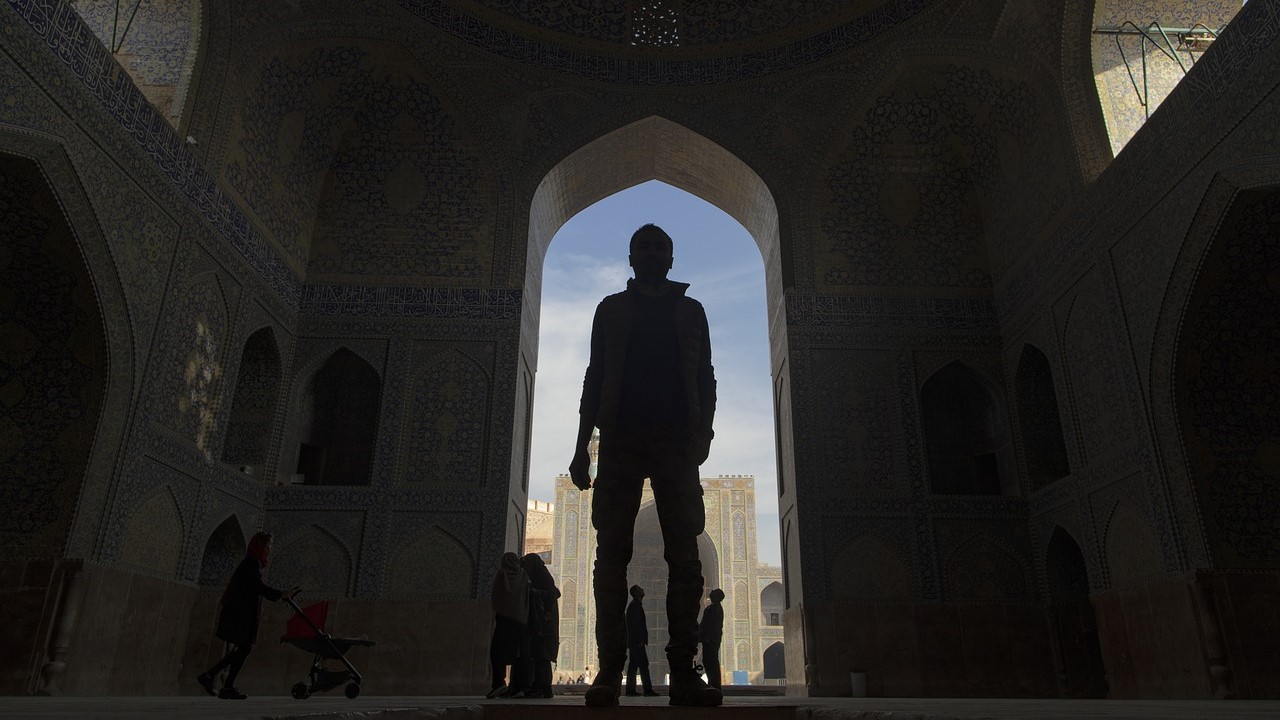
The Ceasefire Holds, but Peace Remains Elusive
Israel’s 12-day offensive against Iran aimed to derail Tehran’s nuclear ambitions—an effort ultimately reinforced by a decisive intervention from Donald Trump.

Israel’s 12-day offensive against Iran aimed to derail Tehran’s nuclear ambitions—an effort ultimately reinforced by a decisive intervention from Donald Trump.
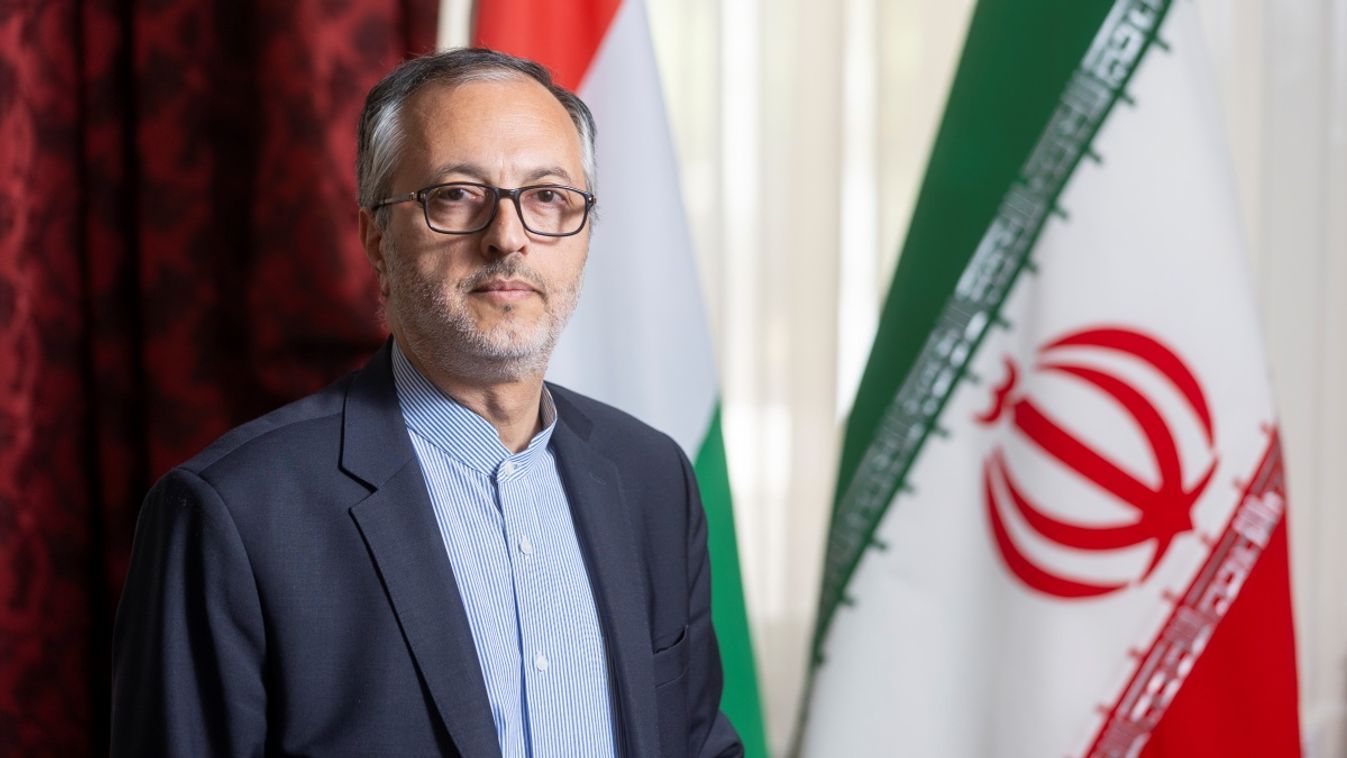
Who started the war? Who is violating international law and committing war crimes? How much damage has Iran suffered, and how much damage can it cause to Israel? Our interview with Morteza Moradian, Ambassador of the Islamic Republic of Iran in Budapest, about the context of the war.
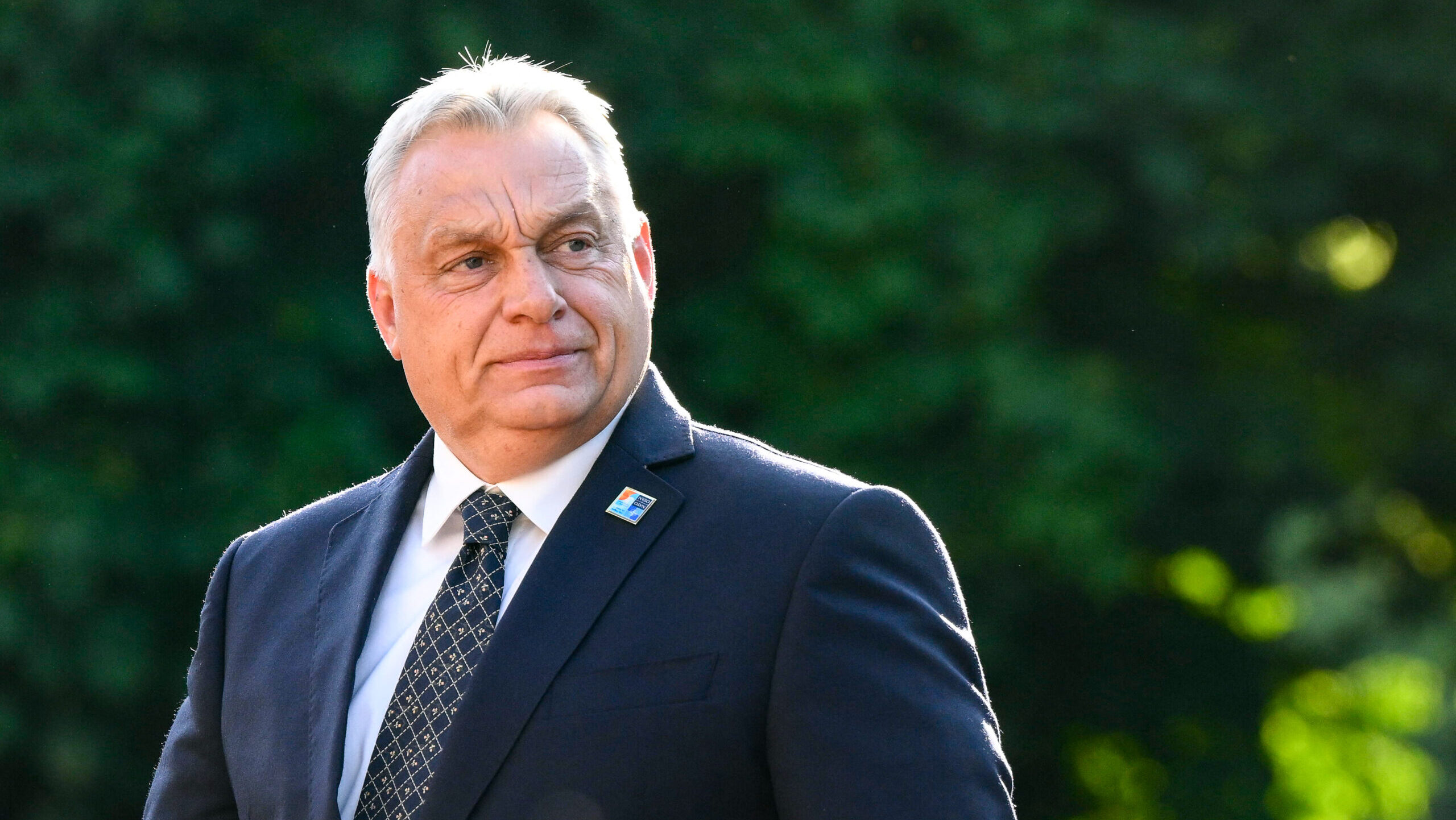
Hungarian Prime Minister Viktor Orbán welcomed the return of what he called ‘common sense diplomacy’, as reflected in US President Donald Trump’s approach to managing global conflicts. He also stated that Russia does not pose a real threat to NATO, asserting that the Alliance is significantly stronger.

Is Israel prepared for any unexpected scenario of war? What was the casus belli, and what is the war goal for the Jewish state? Can Israel’s Palestinian and Iranian policies be defended? We asked Israel’s ambassador to Hungary about the war.
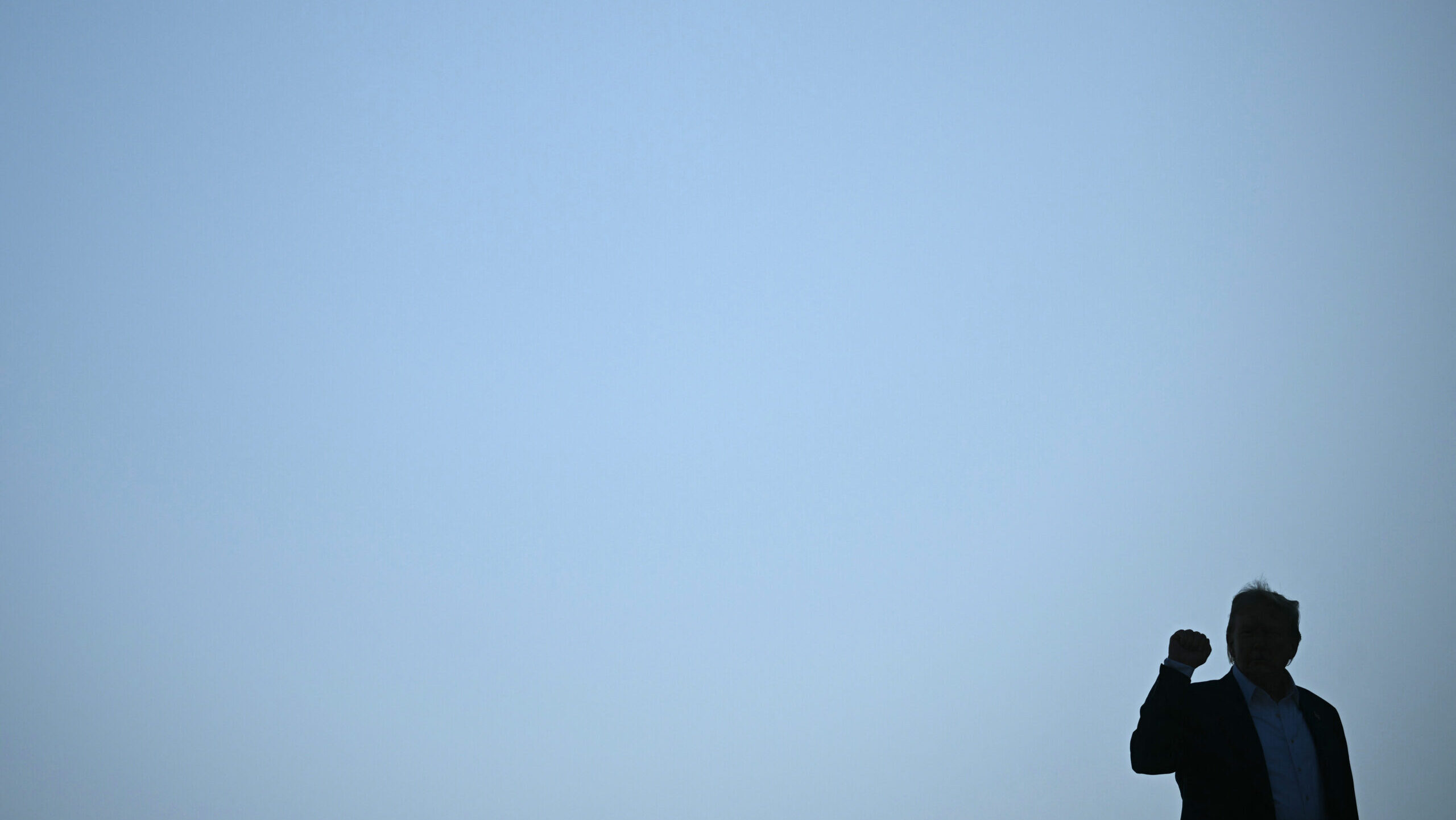
US President Donald Trump will return to the NATO table in just a few hours for the first time since 2019. The summit in The Hague is set to be far from routine for several reasons: member states are expected to approve a 5 per cent defence spending target by 2035. It will also mark the first summit since 2022 not centred on Ukraine, raising questions about Kyiv’s increasingly uncertain future.

After last week’s big jump, crude oil prices have come down close to their pre-Iran attack levels after the conflict in the Middle East between Iran, Israel, and the United States started to cool down. In response, the major US stock index also rose.

President Donald Trump announced a full ceasefire agreement between Israel and Iran, bringing an end to what he called the 12-day war. The truce, reached with US mediation, is set to take effect Tuesday at midnight Washington time.
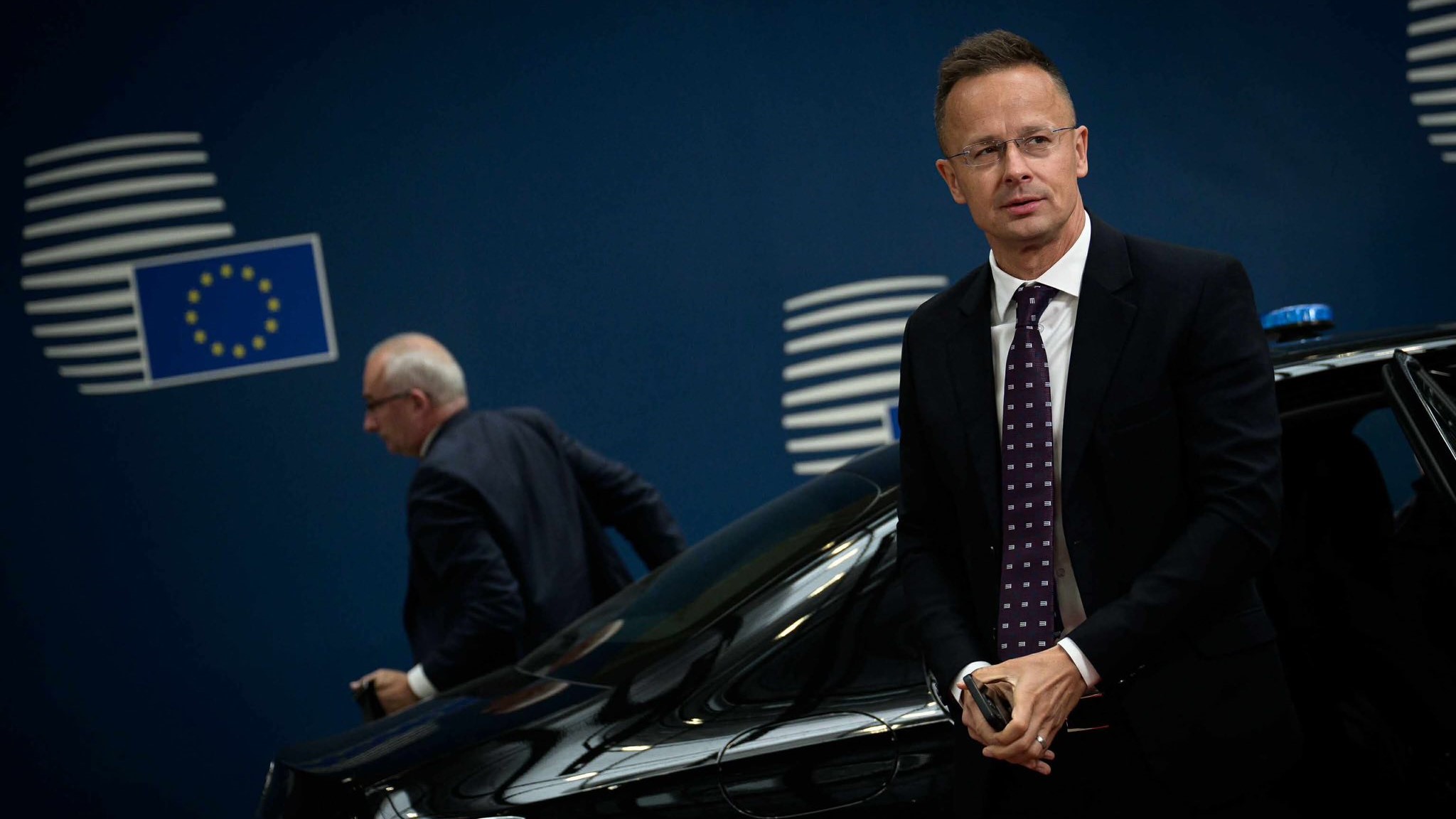
Hungary and Slovakia have blocked the EU’s latest sanctions package, opposing plans to ban Russian oil and gas imports. Foreign Minister Péter Szijjártó warned the move would devastate Hungary’s energy security and lead to soaring household costs.
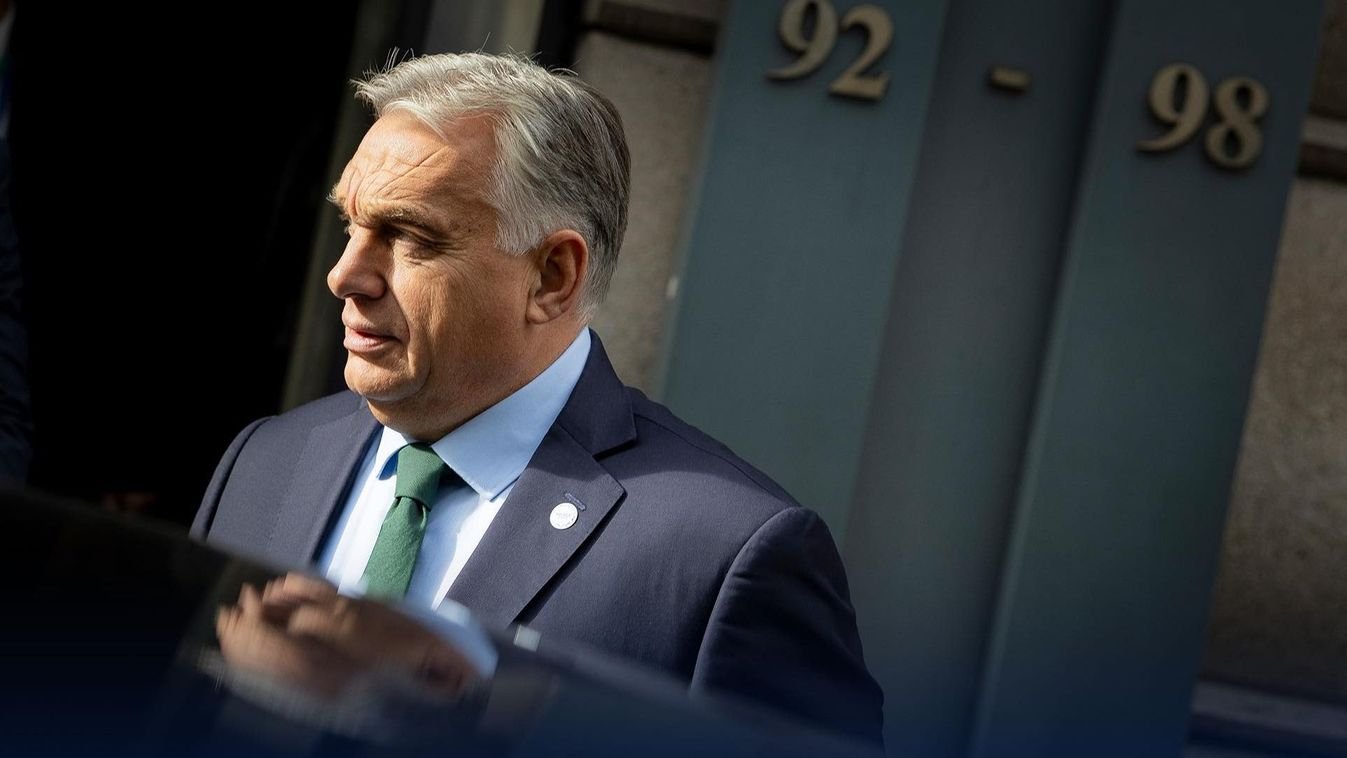
Prime Minister Viktor Orbán has pledged to take decisive action to safeguard Hungary’s peace and security in response to the US airstrikes on Iranian nuclear facilities, citing the growing terror threat, rising energy prices, and increasing migratory pressure facing Europe.
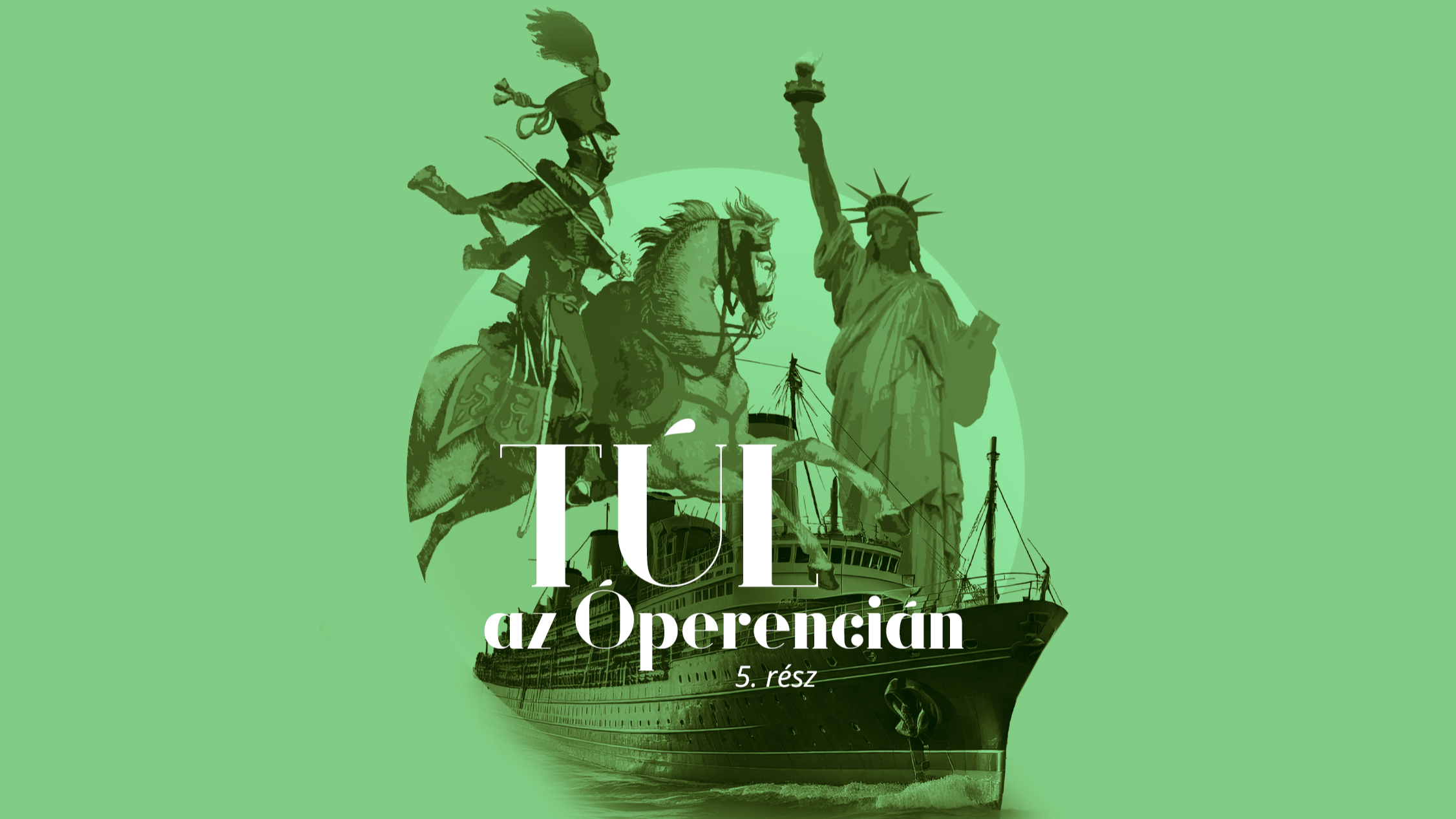
In its ‘Beyond the Óperencia’ series, Magyar Krónika is looking at the meeting points of America and Hungary, and at Hungarians in America, from penniless peasants to political emigrants and soldiers of fortune. In this part, let us look at Béla Estván, who emigrated to the United States in the 1850s. The man of Austrian descent pretended to be Hungarian in order to make it easier for himself to succeed in his new homeland.